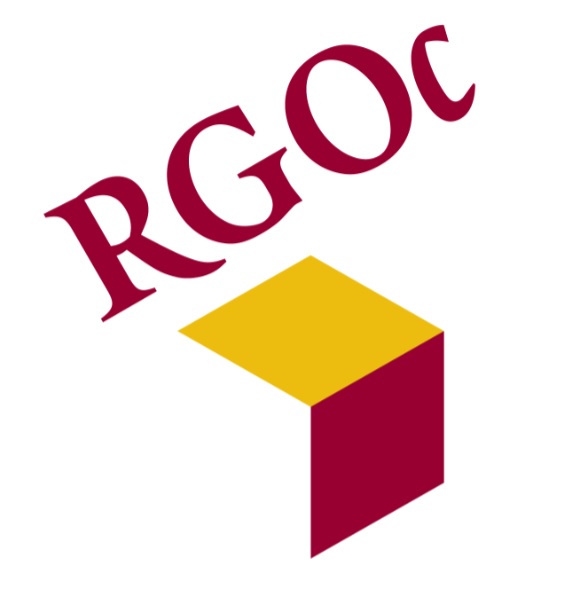- Poliklinieken Ouderenpsychiatrie van UCP/UMCG, GGZ Drenthe, Mediant, GGZ Noord-Holland-Noord, GGZ Centraal, GGNet en Pro Persona
Cooperation
- Netwerk Ouderenpsychiatrie
Period
2013 – 2020
Finance
unknown
Finance by
- UCP/UMCG, GGZ Drenthe, Mediant, GGZ Noord-Holland-Noord, GGZ Centraal, GGNet en Pro Persona
Status
in uitvoering
Contact(s)
Dr. R.H.S. van den Brink
RGOc
Universitair Centrum Psychiatrie
Universitair Medisch Centrum Groningen
Postbus 30.001 (CC73)
9700 RB Groningen
tel 050-3612089
email: r.h.s.van.den.brink@umcg.nl
Abstract
Background: Affective disorders, by which we mean unipolar mood, anxiety and somatoform disorders, are the most prevalent psychiatric disorders in older people. These disorders reduce the quality of life and physical health, and increase medical consumption. Usually treatments offered currently in secondary or tertiary mental health care have been shown to be effective in controlled studies or are based on the results of naturalistic cohort studies in so called ‘convenience samples’. Controlled effectiveness studies, however, selectively include the most healthy elderly only, who are the exception in daily care practice, not the rule. And in naturalistic cohort studies follow-up assessments are not synchronized with changes in treatment and the interventions received are not assessed properly. Furthermore, many treatments are copied from non-geriatric care, without adequate testing in an elderly population, in which comorbid somatic disorders, frailty and cognitive disorders have are prominent. It therefore is unclear to what extent the routinely offered treatments are effective and what possibilities there are for improvement. Routine Outcome Monitoring has the potential to shed light on these questions by its systematic monitoring of treatment progress in all patients treated, but falls short in practice because of high drop-out rates, unreliable diagnostic information potentially biased by financial interests, and the limited number of parameters that can be assessed.Objective: The ROM-GPS project intends to overcome the above limitations by combining the strengths of ROM and naturalistic cohort studies. ROM-GPS will pay special attention to the specific characteristics of an elderly population, which include frailty and cognitive disorders. The primary research questions are: 1) what is the effectiveness of treatments offered in outpatient geriatric psychiatry for mood, anxiety and somatoform disorders, and 2) what are the determinants of this effectiveness?Method: An advanced ROM system will be implemented in which: diagnostics are performed systematically (with the MINI) and independent from treatment staff; assessments are carried out and coordinated by a trained ROM assistant; follow-up assessments coincide with changes in treatment; relevant aspects of the vulnerability and resilience of the patient are assessed before and after treatment; current stressors are monitored before and during treatment; outcome is assessed comprehensively covering remission of the disorder, extent of symptom reduction, general functioning, and client satisfaction; and a follow-up assessment is conducted one year after end of treatment. Assessment instruments are selected on psychometric quality and feasibility in an elderly population. Population: The population will consist of patients aged 60 or over of geriatric psychiatric outpatient departments who are diagnosed at intake with a unipolar mood disorder, anxiety disorder (GAD, panic disorder, agoraphobia, or social phobia) or somatoform disorder, and who give informed consent for the supplementary assessments of the study. Representativeness of the study sample will be tested by collecting data on age, gender, and diagnosis (from MINI or if unavailable from administrative diagnostic categories) of the non-participating patients of the outpatient departments.Setting: The study will be performed at geriatric psychiatric outpatient departments of the Mental Healthcare Organisations GGZ Drenthe, Mediant, GGZ Noord-Holland-Noord, GGZ Centraal, GGNet and Pro Persona and the University Centre of Psychiatry of the University Medical Centre Groningen. Burden and risks: Several assessments will be conducted as part of the study.
